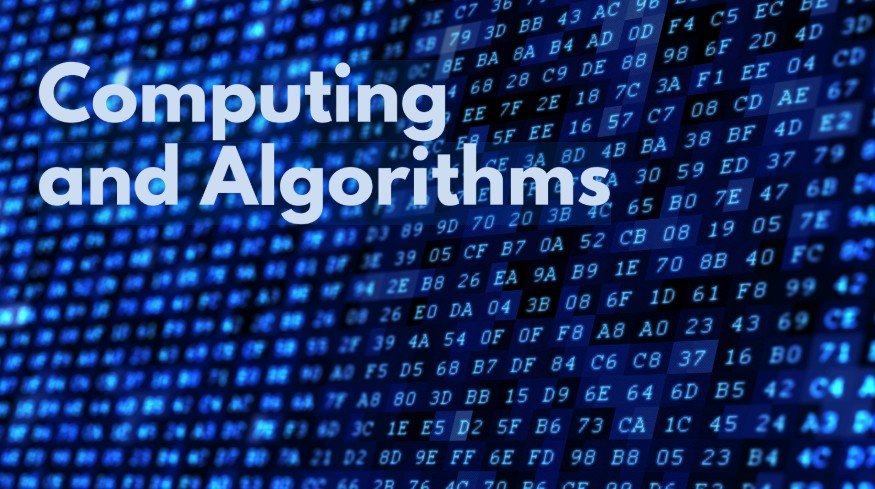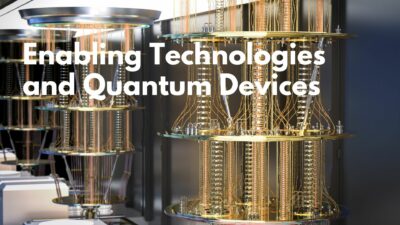NIST physicists have developed a new quantum memory system using charged atoms (ions) that can store information for over 10 seconds – 100,000 times longer than previous experiments. This significant improvement could help make practical, reliable quantum computers a reality.
The new system uses a different pair of energy levels in the ions to represent 1 and 0, which is less affected by magnetic field variations that previously caused memory loss. Quantum memory must maintain “superpositions,” where a qubit represents both 0 and 1 simultaneously. The new approach allows qubits to maintain superpositions for 1 million times longer than needed for quantum computing operations.
The research also demonstrated that pairs of entangled ions can retain their quantum states for up to 7 seconds. Entanglement is another key quantum property that correlates the behavior of physically separated ions.
These advances are important steps toward building a “fault-tolerant” quantum computer, as they significantly reduce the computing resources needed to correct memory errors. The research was supported by the Advanced Research and Development Activity/National Security Agency.
Source: https://www.nist.gov/news-events/news/2005/08/nist-demonstrates-better-memory-quantum-computer-bits
Keywords: superposition, entanglement, ion, qubit


